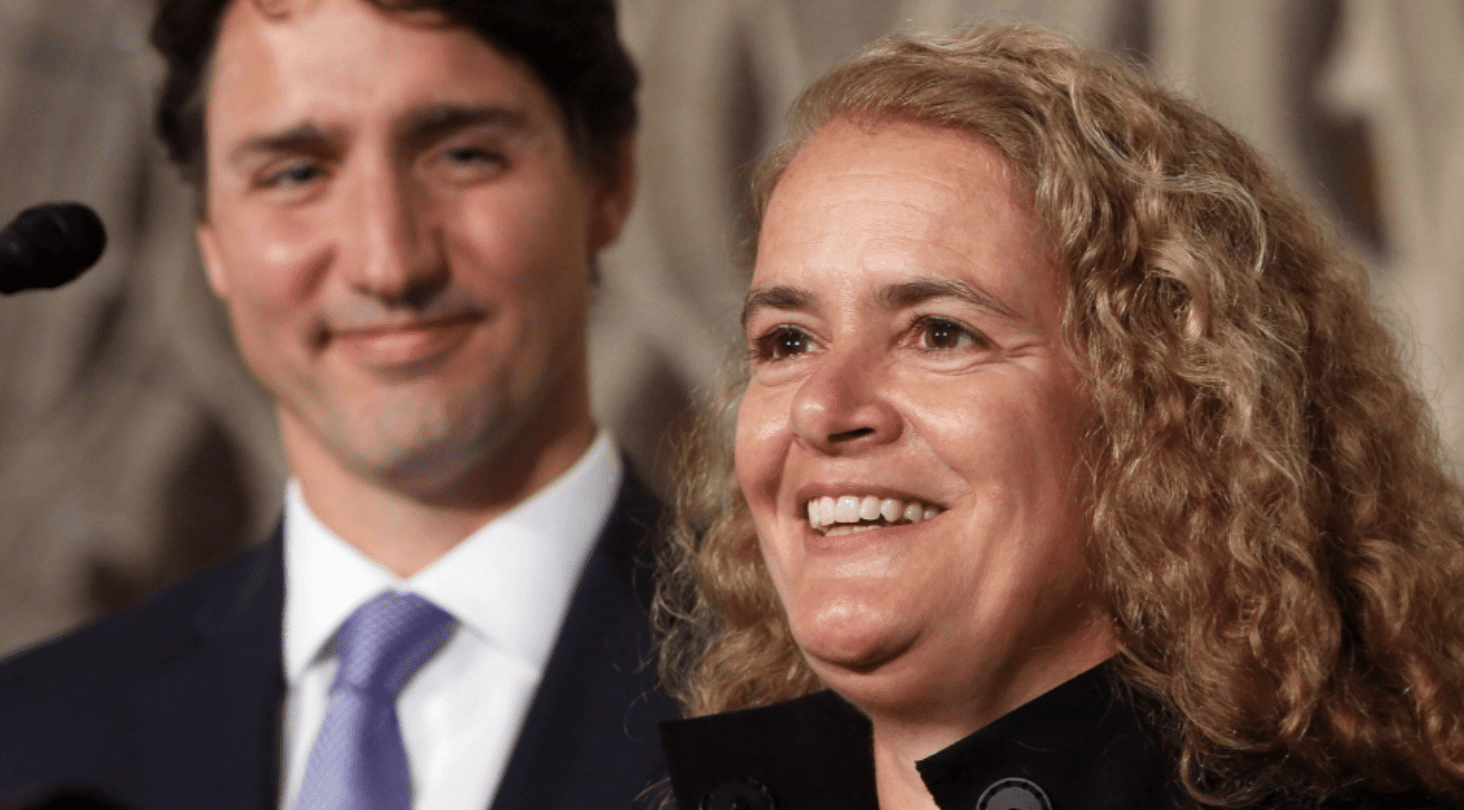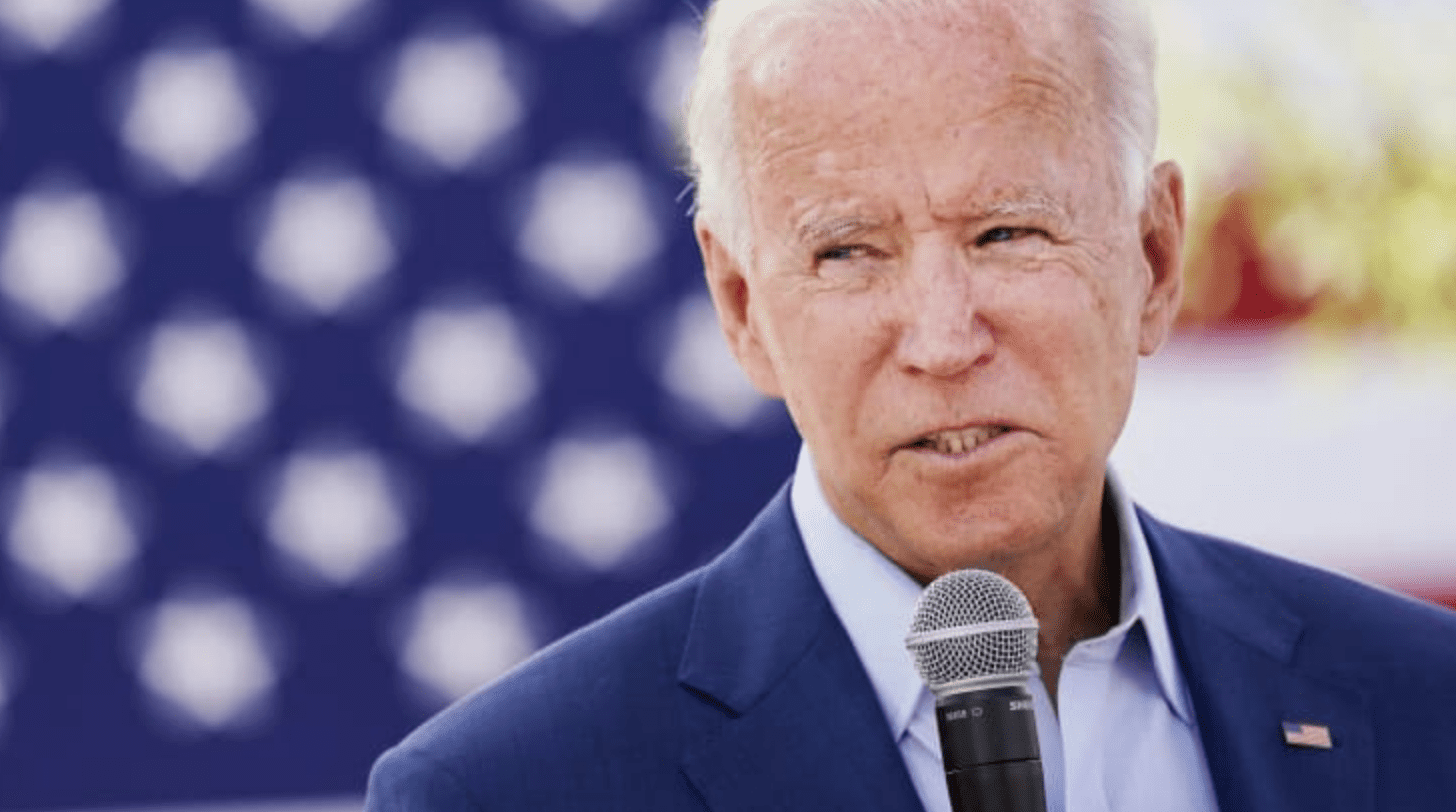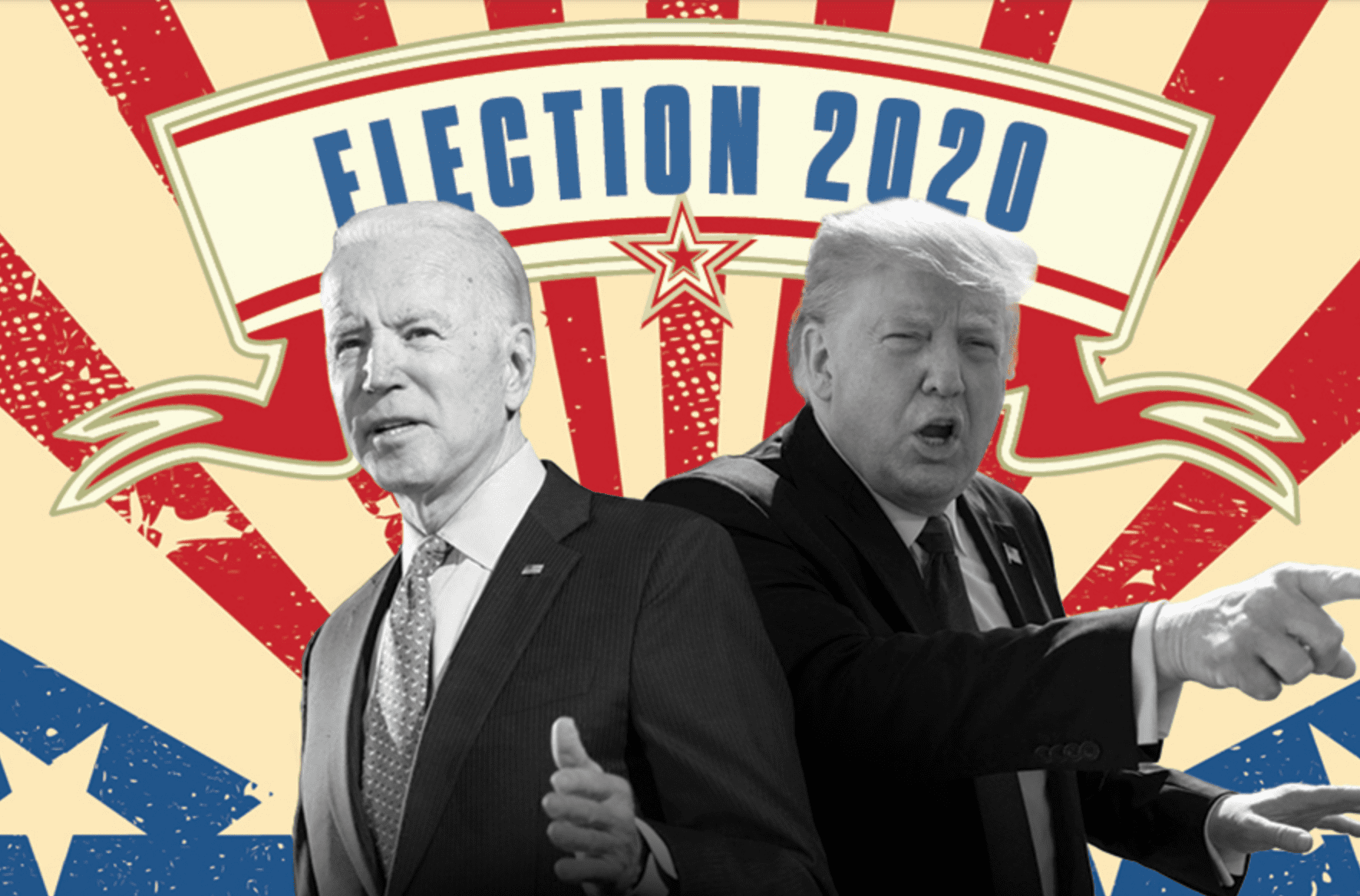New details about the investigation into workplace harassment and bullying at Rideau Hall is giving a clue about just how widespread the problem is 50 current and former employees are being interviewed by the firm retained to conduct the investigation, and there are so many that they are being told to keep their interviews to only an hour each. While nobody wants to prejudge the results of the investigation, it's increasingly clear that the fact that the prime minister's decision to disband the vice-regal appointments committee before it was time to look for a new Governor General in 2017 was a mistake, and it's one he needs to rectify immediately.
The news coming out of Rideau Hall is getting concerning that Payette and her Secretary, Assunta Di Lorenzo, have been creating an inner circle of exempt staffers who are not civil servants, and they're now interfering in the work of the actual civil servants in Rideau Hall, and involving themselves in the hiring process. Other staff close to Payette have been asking employees if they support Payette, and apparently when Payette was first appointed, she floated the idea of asking the civil servants at Rideau Hall to pledge their loyalty in a signed document that would act as a kind of de facto non-disclosure policy (which they pushed back against, quite rightly, as they have already taken an oath to the Queen).
This is in addition to years of stories on Payette's unreasonable demands, her micro-managing of tasks where she would normally only play a symbolic role, the reports of the toxic work environment in employee surveys, the millions of additional dollars spent on security because Payette doesn't like her RCMP detail and has tried to give them the slip on several occasions, and I've personally heard tales about how her inner circle behaves erratically and that others in the civil service and protocol spheres are unable to deal with them, barring only one or two individuals within the Privy Council Office. And amidst all of this, the prime minister has continued to turn a blind eye and insist that Payette is doing an excellent job.
How much of this is Trudeau's inability to face up to his own mistakes remains to be seen. It's clear that short-circuiting the process for vice-regal appointments that Stephen Harper established one of his best contributions to governance, in fact has backfired. Problems in Payette's past, with previous organizations that she was associated with, would have been caught if an appointments committee had been doing the due diligence of vetting candidates, and it's unlikely that she would have made the short list of recommendations as a result. Yes, Payette has an impressive resume and has made important contributions to the country, but her suitability for the role of the Governor General was simply not there, and would have been pointed out if a proper process had been carried out.
This is why Trudeau needs to reinstate the vice-regal appointments committee right away. The decision to disband it never made sense to begin with, considering how it was replicated with new Senate appointment process and to a lesser extent the ad hoc committee to nominate new Supreme Court of Canada justices. There is the theory that this was done out of spite, as I have heard the tale that when Justin Trudeau met with Harper after the election and asked if there was one thing he should keep, what it would be, to which Harper told him the vice-regal appointments committee. I also suspect that this was also to do with one of his earliest vice-regal appointments, which was for the lieutenant governor of Newfoundland and Labrador. Judy Foote had just resigned from Cabinet, and I have heard that this was in part because of a clash with Jody Wilson-Raybould over genetic privacy legislation, and Trudeau took Wilson-Raybould's side. It is likely that in order to make it up to Foote, he appointed her to the LG portfolio less than six months after she left Cabinet, which was a huge red flag to pretty much everyone around.
By restoring the vice-regal appointments committee, Trudeau would be sending a signal that he's going to start taking this particular responsibility seriously, and that he's going to ensure that we don't wind up with future vice-regal appointments where clearly unsuitable candidates got named because they projected the right image for the Trudeau brand such as an accomplished woman in STEM who can be a role-model to young girls across the country, as in Payette's case. These positions demand a certain type of personality, and Payette does not have it, which probably wasn't a consideration in Trudeau's mind when he chose her. There is the additional fact that when Payette was appointed and decided to name her long-time friend, Di Lorenzo, as her secretary (which is the equivalent of a deputy minister in the civil service) and did not choose a senior civil servant, this should have been seen as a warning that Payette was not interested in the norms of the office. The fact that Di Lorenzo has been cited as one of Payette's enablers in the toxic environment in Rideau Hall should be a sign that Trudeau and the Privy Council Office should be actively pushing for her dismissal, but we're not even getting that.
Restoring the appointments committee doesn't have to be an ordeal. We have a Canadian Secretary to the Queen in PCO who can once again chair it, and there is no shortage of eminent persons who can serve on it in the model that was originally designed. Once the committee is up and running, it can start looking for Payette's replacement and using the time they have between now and the delivery of the report on the workplace situation to get the job done right. That way, when the report does come back, Trudeau can be seen to act swiftly on a finding of a toxic workplace, and to show that lessons have been learned from his previous failure to take the appointment seriously.
Photo Credit: CTV News










